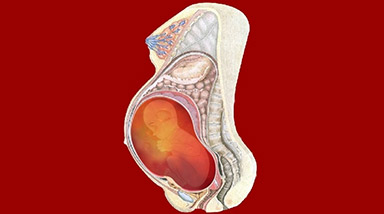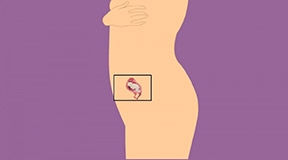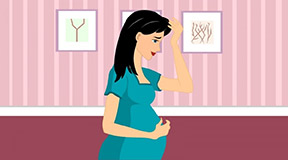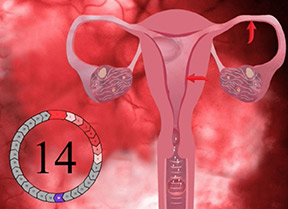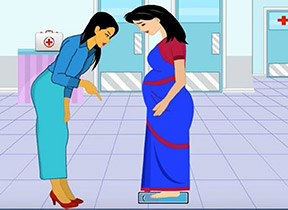Displaying items by tag: fetus
Fetal weight during pregnancy
Motherhood is a beautiful journey - from the time you come to know of your pregnancy until the birth of the baby. But, a woman can go through this journey with lots of joy, apprehension and anxiety. Many thoughts like - If she is eating enough for the growth of the baby? What is the ideal weight of the fetus? How is the fetal weight measured?
4. Interesting fact about fourth month of pregnancy
Did you know that the temperature in the amniotic sac where the fetus is present is slightly warmer than the mother at 99.5 degrees Fahrenheit?
The uterus is well within the core of your body which holds your baby throughout the pregnancy. Its temperature is the same as our core body temperature which is about 98 degrees F. Your core body temperature does not change even when the outside of your body feels like its cold.
2. Stress during pregnancy can impact the brain connections of the baby in-utero
The brain is changing more rapidly when the baby is developing inside the mother's womb. It is an active time for the fetus to grow and explore, and of course, connect to its mother. And new evidence from in-utero fetal brain scans shows, for the first time, that this connection directly affects brain development: A mother's stress during pregnancy changes neural connectivity in the brain of her unborn child.
Know more about the baby and your symptoms this month
About the baby
Almost the size of a Rice Grain.
Your baby is 6-7 mm in length by the end of the first month of the pregnancy.
Two weeks after the menstrual period the follicle containing the ovum is ripe and roughly measures 2 cm in diameter and now begins to produce hormones. When the ovum is released by the follicle every month, it is captured by the fallopian tube and the ovum travels through the fallopian tube all the while being surrounded by nourishing cells.
Hypothyroidism during pregnancy
Routine antenatal care is very important to reduce maternal and fetal complications. Hypothyroidism can adversely affect the health of the baby and the mother if not identified and treated before and during pregnancy. It is very important that a woman is screened for thyroid deficiencies ideally while she is planning to get pregnant. The baby is completely dependent on the maternal thyroid hormones especially during the first three months of pregnancy. So this may put an additional strain on the mother and could lead to further deficiency if not identified and corrected promptly.

